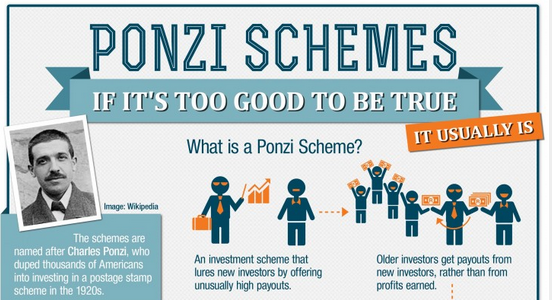
Amidst all the chaos in the markets this week, once again we learned of yet another a fraud in the investment world. This time a well-regarded private equity player from a “good” family is accused of setting up a fascinating scheme which included fake people, fake websites, and fake email accounts, all in a move to steal more than $25 million, according to the federal complaint that came to light Monday. It is unclear what really happened other than that investors’ money was used for a trading strategy that went awry and for some personal expenses of the accused. Of course, Andrew W.W. Caspersen will get his day in court. But the question I am left with is how did this happen — again? Have investors not learned anything after the multiple frauds, Ponzi schemes and thefts that have come light in the last few years? The answer, unfortunately, is clearly no.
There is still a massive disconnect between what constitutes thorough due diligence and what is nothing more than making a decision based on a relationship or name recognition. Investors, regardless of the size of their assets, are clearly still confused, befuddled, and, yeah, just plain lazy when it comes to actively completing due diligence on their investments and investment managers. This has got to change. Last week, I co-hosted a Webinar for the IMDDA titled Due Diligence 101. This hour-long session just scratched the surface on the due diligence question. We covered a lot in sixty minutes or so – to see the slides and look at some of the audience’s questions click here. It is not the end but the beginning of a thoughtful and meaningful discussion that needs to be held with investors of all shapes and sizes. Investors need not be afraid to ask questions, to demand answers and, quite frankly, to make good, well thought-out investment decisions based on data, not simply because they “know a guy” or its a product of a famous firm’s name. Too often, investors make mistakes because they don’t dig deep enough.
This, dear readers, is a problem that needs to be solved and the only way to solve it is to ask questions, to get answers, and to make sure that the information makes sense. Remember, if it seems too good to be true, it probably is.
THINGS THAT DRIVE ME CRAZY
Who in their right mind is willing to pay for a refill of ice tea or coffee? Not me! Recently I was in NYC at a “fine dining establishment” that had the nerve to charge me for a refill of ice tea. Now, I know tea costs something, but, really, five bucks a glass – which is outrageous to begin with – should more then cover the cost of two or three glasses of a water infused with dried, crushed leaves, shouldn’t it? Lesson learned: Ask about the cost of the refill before accepting it. And don’t get me started on paying for a refill of iced coffee.

